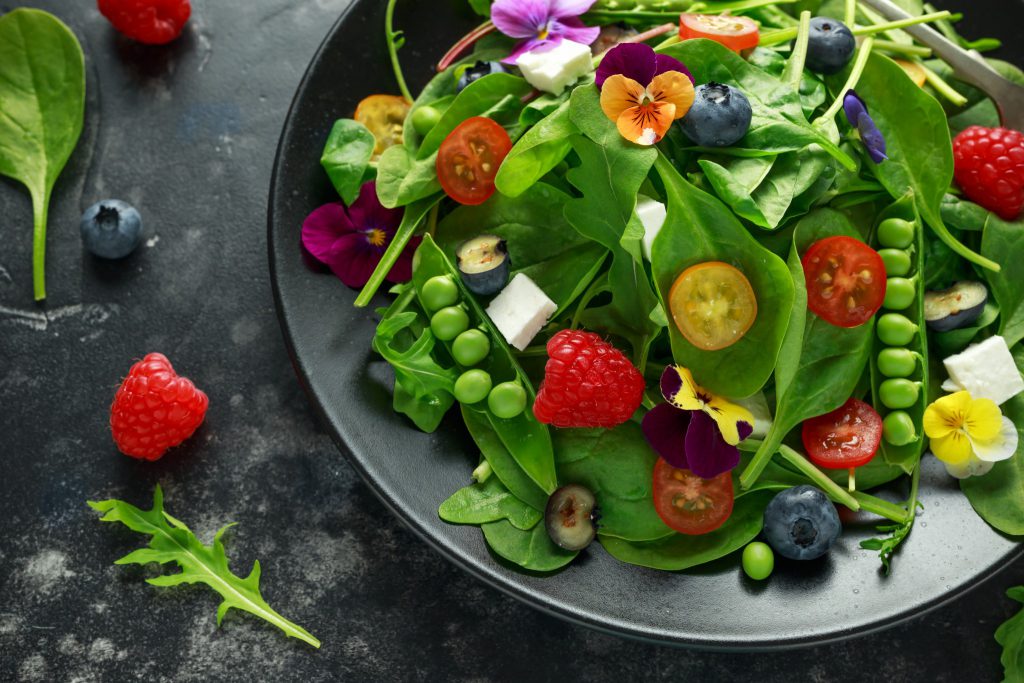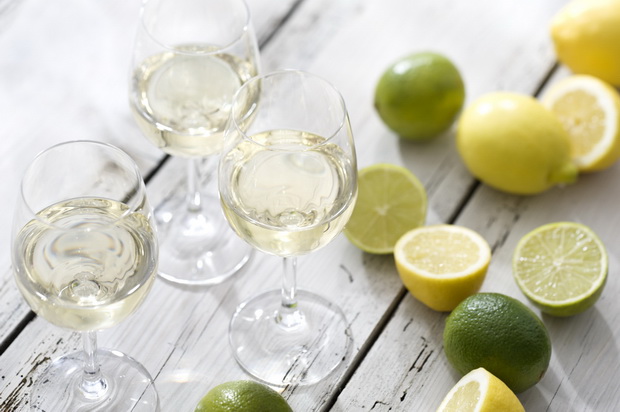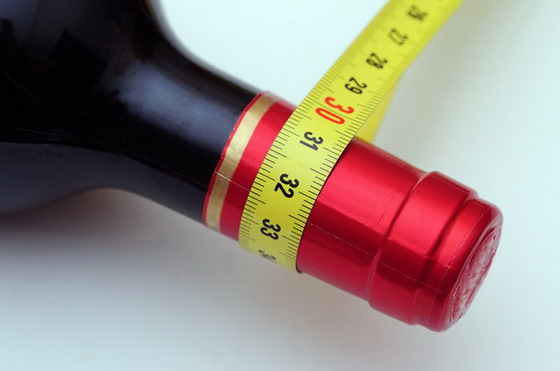You may be abstaining from alcohol as part of the Dry January trend. But what if you don’t want to give up wine completely? Are low-alcohol wines a good option?
Mionetto Prestige Prosecco Brut
Veneto, Italy
Why are low alcohol wines becoming increasingly popular?
Part of it is health, whether it’s recalibrating after the holidays or an ongoing desire to consume less alcohol or fewer calories so they’re looking for wines that market themselves like these wines from Peller are not only labeled as “Light” at just 8% alcohol, but they also indicate the calories and have an ingredient label on the back, which you don’t often see on wine or alcohol because it’s not legally required.
Peller Family Vineyards Light Pinot Grigio
Ontario, Canada
Others want wine that pairs better with lighter fare like salads or seafood that get clobbered with a high-alcohol wine
Then there are the delusional few who think low-alcohol wines won’t give them a hangover

What’s considered low alcohol in wine?
Most dry table wines are about 13% alcohol
Anything under that, I consider low alcohol like most sparkling wines such as this Spanish Cava at 12% alcohol and this Italian Prosecco at 11%
Segura Viudas Brut Rosé Cava
Penedès, Catalonia D.O. Cava, Spain
Very low alcohol is 10% or low like these Italian Mostcatos at 8% and 7.5%
Oggi Botter Moscato Frizzante
Apulia IGT, Italy
Voga Moscato Frizzante 2019
Provincia di Pavia, Italy
Are there certain regions that tend to produce low-alcohol wines?
Many low alcohol wines come from cool climates like Canada, Germany and Austria because the grapes don’t ripen as much as they would in a warm climate like Chile or Argentina. This white blend from Quebec’s Coteau Rougemont at 12.5% alcohol is a good example.
Coteau Rougemont Versant Blanc 2019
Montérégie, Québec, Canada
Therefore, there’s less sugar in the grapes, which translates to lower alcohol in the final wine.
The winemaker for this New Zealand rose doesn’t prune back the leaves on the vine so the grapes are more shielded from the sun and therefore they ripen less
The Doctors’ Rosé 2020
Marlborough, South Island, New Zealand
Do certain grapes make lower-alcohol wines?
Certain grapes tend to be lower in alcohol because they’re picked earlier in the season like this Austrian Gruner Veltliner at 12.5% and Portuguese Vinho Verde at 9.5%.
Lenz Moser Prestige Grüner Veltliner 2018
Niederösterreich, Austria
Aveleda Vinho Verde 2019
Vinho Verde, Portugal
For reds, that’s often Gamay, the grape of Beaujolais like this one at 12.5% or Pinot Noir
Georges Duboeuf Beaujolais Gamay 2018
Beaujolais AOC, France

Can the winemaker do things to make the alcohol lower?
Yes, the winemaker may decide not to ferment the grape juice to complete dryness.
As wine ferments, yeast eats the grape sugar and converts it into alcohol.
If you stop the fermentation process before the yeast eats all of the sugar, then you have lower alcohol and some natural left-over or residual sugar as you do in this German Riesling which off-dry and only 10% alcohol.
Another way to reduce alcohol is to use technology like reverse osmosis or a spinning cone to spin out some of the alcohol though that can also remove some of the flavour and character from the wine.
Deinhard Winery Green Label Riesling 2018
Mosel, Koblenz, Germany
What’s the difference between low alcohol wines and those claiming to be low sugar or low calorie?
Low sugar or zero sugar means that the wine was fermented to complete dryness and there’s no residual sugar.
You sometimes find the sugar level of a wine on the store shelf tag expressed as a number, with “0” meaning completely dry or XD for extra dry, “1” meaning it has a little sweetness or D for dry and so on.
Many table wines are just that and therefore they have higher levels of alcohol.
But there’s a trade-off between dryness and calories because alcohol has more calories per gram than both sugar and protein. Only fat has more calories per gram.
For example, a six-ounce glass of slightly sweet German riesling, with just 7% alcohol, will still have fewer calories (about 110) than a dry, robust Australian shiraz with 15% at about 175 calories.

What are low carb wines?
Carbohydrates are essentially sugars.
Although wine derives from fruit, dry wine isn’t considered a carbohydrate because the fermentation process converts all the grape sugar into alcohol.
So all completely dry wine is low carb.
Are there certain wines that are capitalizing on this trend?
In addition to the wines from Peller, Bethenny Frankel from the reality show Real Housewives of New York City launched Skinnygirl wines which were quite successful and are still in the SAQ.
Peller Family Vineyards Light Cabernet Sauvignon
Ontario, Canada
Do they taste any good?
Yes, they do! Alcohol does carry flavour and adds weight and mouthfeel, so these wines do taste and feel lighter, but they can still be packed with flavour!



















